|
I teach English during the day. It's what pays the bills. By night I fancy myself an author, perhaps not the best author, but I love to write. I mean, I literally love to write, tell stories, and make books.
However, as you can imagine, trying to squeeze in a few precious hours of writing time wherever I can isn't always easy. Especially on top of raising a family, working a full time job, and trying to write full time on the side. Some days are more daunting than others. During summer, when I have large chunks of time off, I have to find part time work just to make ends meet. Which is always a hassle. Thankfully my wife is patient with me and lets me write whenever I can. In the last year and a half I have come out with two novels and an anthology. In the next few months I will be coming out with two more anthologies and I am beginning two new novels as I finish up the third installment of my Bitten resurrection virus series. I don't have any proved formula for balancing it all, but a few things came to mind on what I have tried that seem to work. These are my little key points on being a steady writer. Maybe not a good writer, but a work-horse writer. Key Point #1: Lock Yourself In and Write as if Your Life Depended on It! This past weekend (March 1st) was my birthday. My good Japanese friend Takumi Nezu came to visit me. He recently got a job with a gear carving factory as a sale representative. He basically convinces large industry to use their product for large scale gears. And I am talking massive machinery. Gears the size of weight lifting plates all the way up to gears the size of small cars. Big stuff. Mainly for ship building and other things which require such massive gears. Fascinating really. At any rate, Mr. Takumi asked me how I keep busy? He was finding his weekends alone and rather boring in a new job where he doesn't yet know anybody. Just keeping oneself busy is hard enough. But I, like most writers, am a massive introvert. I live just about as much in my own mind as the real world. He asked me what I do to keep busy, and without hesitation I responded, I stay home and write. Sometimes I read. I read and write. And when I am not doing that I am playing with my daughter. And that's about all I have time for. I'm afraid I wasn't much help for Mr. Takumi. He's more of a socialite than I am and needs a more interactive stimulation. Also, he's single, so he's hoping to maybe find a girlfriend in the near future. That's hard to do if you never leave the house. I on the other hand will wake up at 6 am on on a Saturday and write straight through until Sunday morning ... just for fun. If I do get an extended holiday, it is almost entirely consumed by my voracious hunger for writing. I just lock myself in and write. It's the only way the books get done, since as you may have heard, books don't write themselves. Key Point #2: Carry a Note Book With You--Always! I try to have my notebook on me at all times. On occasions when I don't have it, I will use my smart-phone to email myself ideas or things which pop into my mind, names, or news articles which relate to something I have been plotting in my mind. But it is always vital to have a way to get your ideas down on paper. Spur of the moment ideas that pop into your head, those moments of artistic inspiration, are always fleeting. Even if you have an excellent memory, it still helps to have something to write the ideas down. How does this relate to time management and being able to write more, you might wonder? Well, a good notebook chock full of ideas, quotes, references, name lists, plot points, character descriptions, you name it, well, such a notebook can act as a springboard. Some authors swear that writer's block is a real thing. Others claim it's not. I take the position that it's not. What I think "writer's block" amounts to is either a lack of good ideas or else burn out. Both of these happen to be real. Without any good ideas, you simply are stuck, and you waste time by procrastinating and hoping for that inspiration to find you. Sometimes it doesn't come. Other times, busy life on top of perhaps too many sleepless nights editing to reach a deadline, and you find yourself burned out, and your brain is too fried to piece anything together. This is when a good notebook becomes vital. Just browsing through a notebook, or even an old one, can give you that little bit of inspiration you need, or refresh your memory of neat ideas you might have had but never used, or sometimes you'll be lucky enough to find a short description of a story idea you never got around to but now can begin to develop more fully. Other times, if you're burnt out and stuck grinding your gears, it can act as a springboard to give you that little pick-up that helps finish the novel in a timely fashion. It might even give you enough momentum to spring you into the next novel too! So, as you can imagine, a good notebook can be a time saver. More than that, for an author, it can be a life saver. Key Point #3: Get out of the House Sometimes Many authors forget that in order to be inspired you have to interact with the real world. At least sometimes. Even us introverts need to get outside once in a while. Even if it is just taking a walk and taking in a bit of fresh air. But it helps to keep connections open. Perhaps sign yourself up for a writer's workshop. Not only will you learn lots of things about writing, not just from the lecturers but the other writers in attendance as well, you will be able to network with other authors and put faces to names. Not only this, but you'll become a face yourself, rather than just a name. Key Point #4: The Interwebs and Social Media are the Indy Author's Best Friends If you are an Indy author, the Internet and Social media are likely your only way to advertise your work. It benefits the author greatly to learn the main ones. I only started Tweeting this year, but my books sales about doubled when I did. I still haven't been brave enough to upload any videos to YouTube, but it seems that's the next step for me. Most of my interactions take place on Facebook, Tumbler, Twitter, and some web forums I frequent. Granted, all this digital socializing takes up a lot of time. But if you want to find readers for your books, then this becomes one of the Indy authors best means of reaching more readers. Before the Internet and the E-book and self-publishing boom, Indy authors were seen as the smucks who simply couldn't get a big fancy contract with a mainstream publisher. That's no longer the case. Now the Indy market is taking over, and self publishing is gaining in respect, and quality, I might add. Still, we Indy authors are limited in our reach, and so social media becomes our biggest platform for reaching potential readers and expanding our overall readership. I find that I learn about other talented Indy authors by social media more than through any other medium. In fact, nearly all of the Indy authors I read are those I've met online. So it's not a waste of time to build a good platform. It's just part of the job, since the Indy author is also her own agent and publisher. Key Point #5: Take your time and Be Professional One of my biggest mistakes, I tell you with blushing cheeks, is that my first novel was rushed into print because I majorly FUBARed my schedule. I hired an amazing studio to do formatting and cover design, set the date about four months after my manuscript was completed, and then real life got in the way and I didn't have time to edit to the point of satisfaction. Also, at the time, I couldn't afford to pay the late fee. And I couldn't reschedule due to real world complications. So my only choice was to send in a completely raw, and unpolished, manuscript full of errors and horrifying grammatical blunders. That's why you should take your time. Polish your novel. Get it to the point you would be willing to let it out into the public, and THEN schedule your publication. Trust me, you'll save a lot of time, money, and heartache. And if you can afford it, hire an editor to give you that professional polish. I have found an excellent proofreader, a gentleman who is a retired English teacher, and he is excellent. But it's always good to have another set of eyes go over your work and give it that professional shine. Another option is to hire a freelance editor or proofreader, or try an in-house one with whichever publishing service you are using. I know that Create Space, LuLu, and others offer in-house services--although they tend to be on the pricey side. It's better to use your social media platforms to ask author authors who they use, which are usually people who love reading books, and I find this is the best way to find the editor who is right for you. Once you take these steps, it's about giving your books a professional look, not just on the inside, but the outside as well. It may seem superficial, but people really do make their purchasing choices based on a books cover. So it pays, literally, to have a professional quality cover. People will even be more forgiving of Indy authors minor mistakes if your cover looks good... that is... if your presentation is professional. Because what this says to the reader is that you're at least trying. You're making an effort. You're doing your best to give them a product they would actually want to have on their bookshelf. Minus these things, all it says if that you don't care enough about the product you are creating... so why should they care to read let alone buy it? So being professional does matter. *** These are just some tips I learned the hard way. But when you're new to the publishing industry, and you have no choice but to do it all yourself, just remember a little patience and perseverance goes a long way. Don't get discouraged. Learn by trial and error. Mistakes are bound to happen. But learn from them, improve, and make the best art you can. At the end of the day, that's about any of us can do--whenever we can find the time. Pax!
0 Comments
Leave a Reply. |
Tristan VickBy day I am an educator and a cultural ambassador. By night I entertain notions of being a literary master. In reality I am just a family man and ordinary guy who works hard and loves writing just about as much as I love my family. Just about. AVAILABLE NOWNEWSLETTER
|


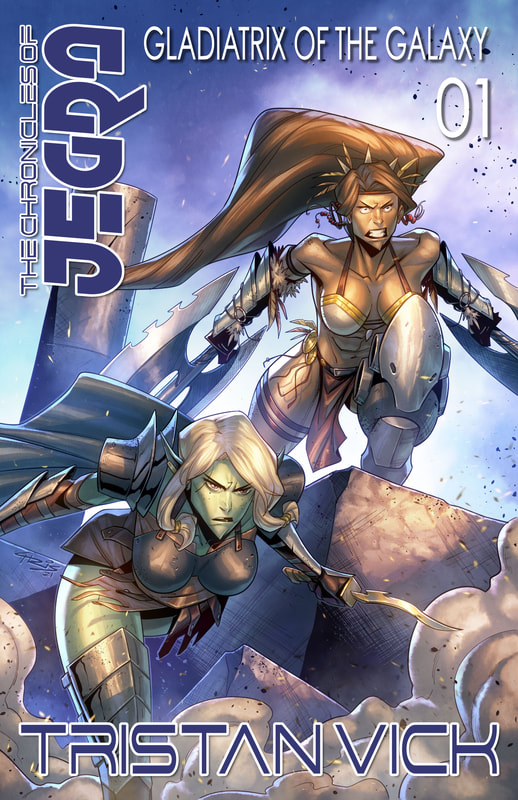
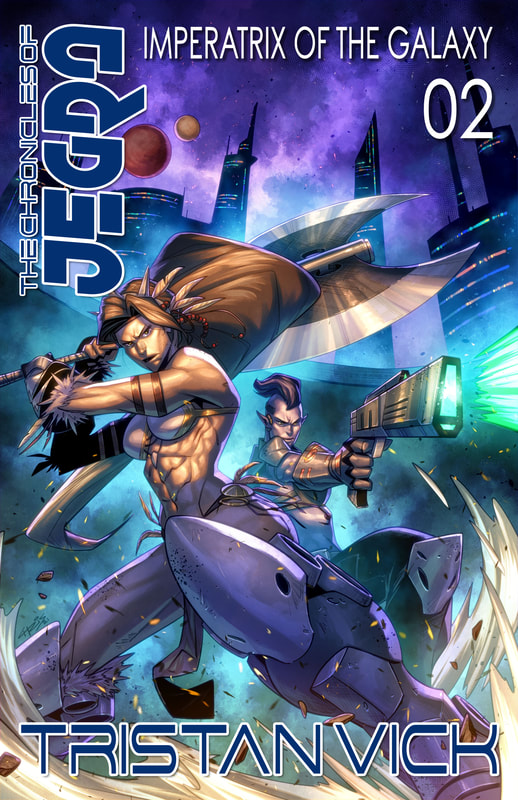
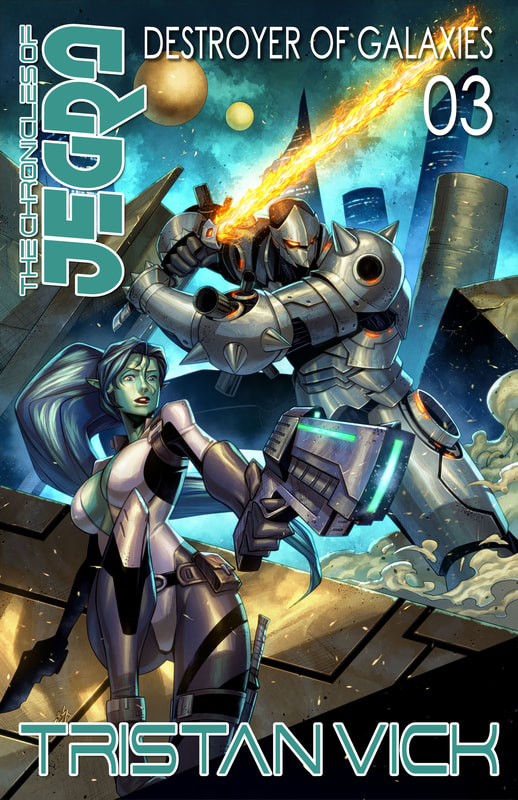
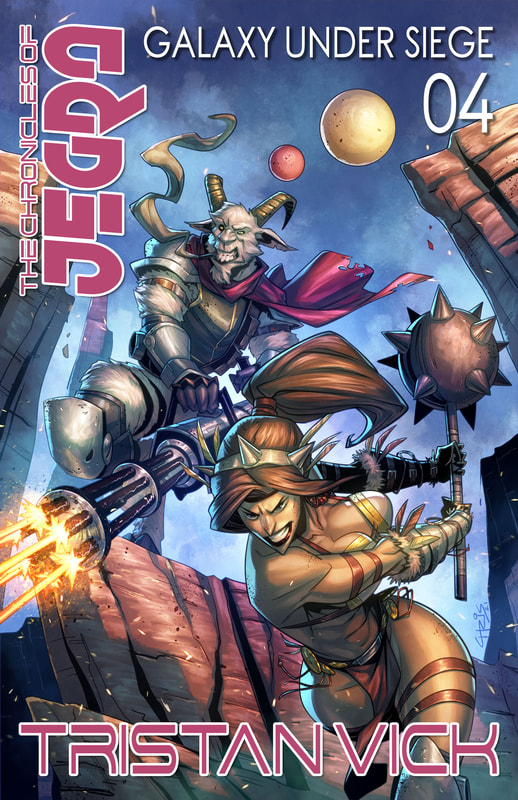
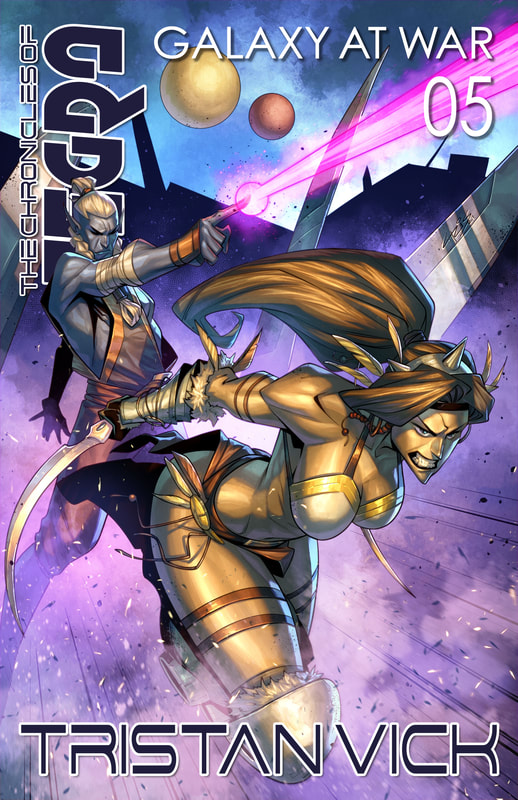
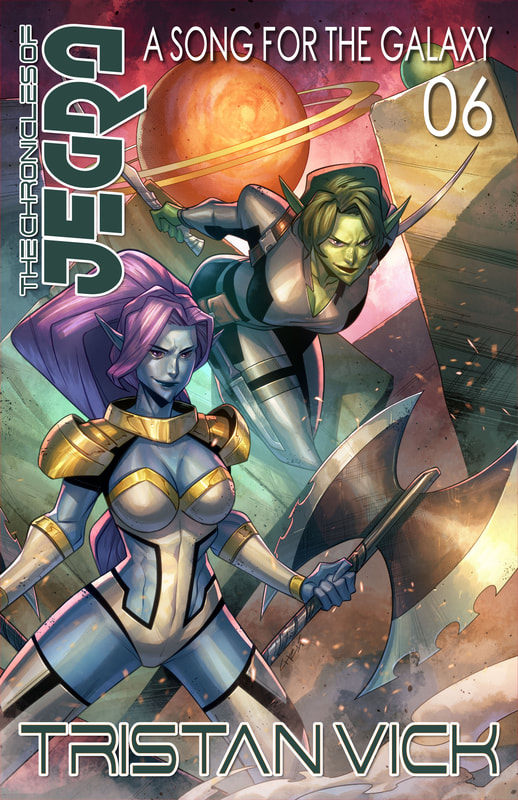
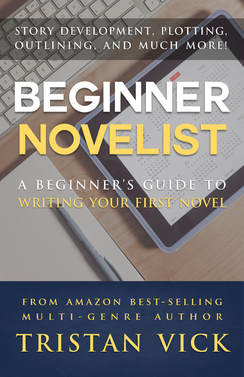
 RSS Feed
RSS Feed

